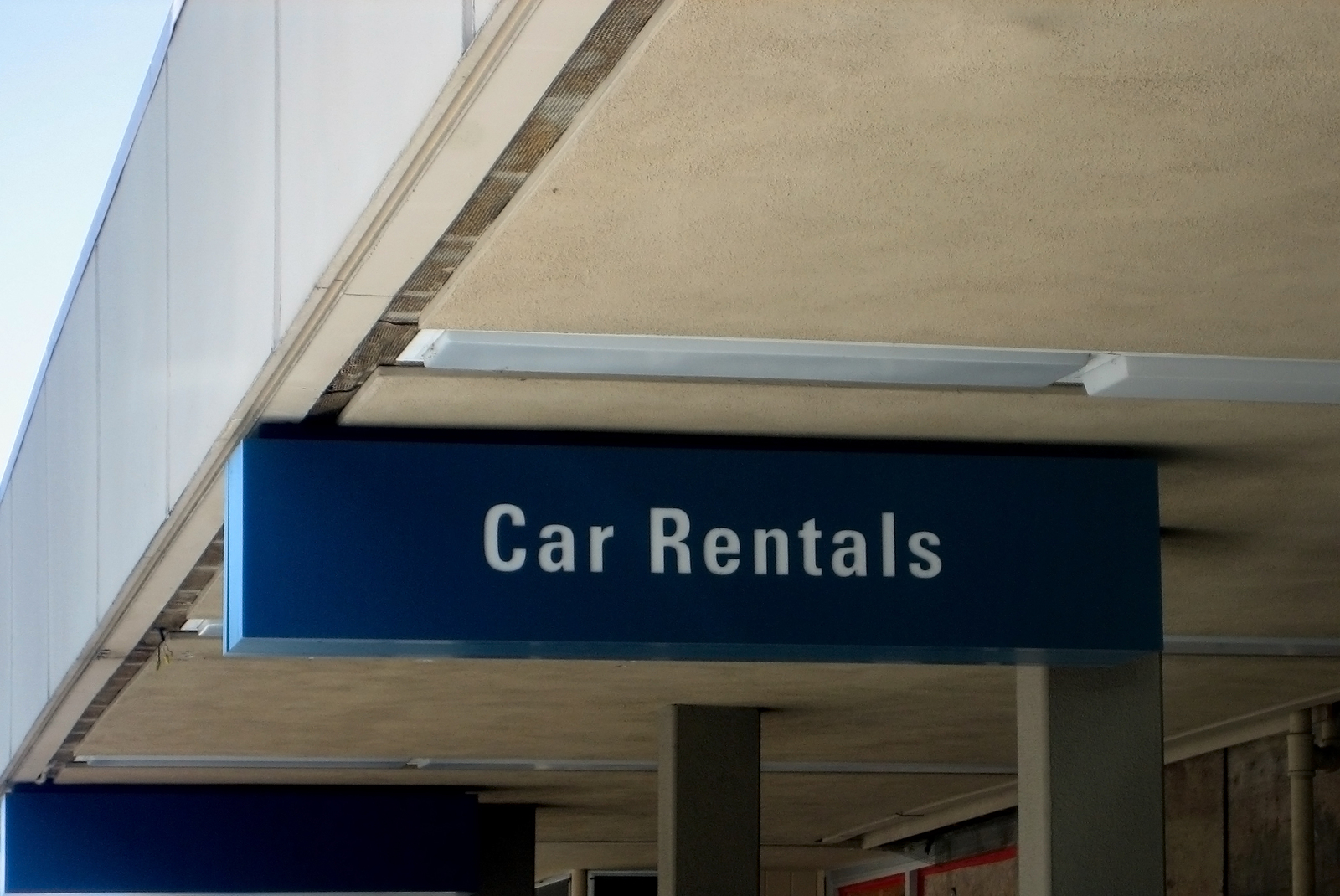
When you’re standing at the counter of a car rental agency, do you find yourself confused about whether you need to purchase the extra insurance they’re offering? If so, you’re not alone.
For some people, it may make sense to buy the supplemental insurance, but before making any decisions, you need to understand what the rental company is providing and what your own auto insurance policy covers.
Car rental company insurance
Insurance purchased through the car rental company can provide the following coverage:
Liability insurance
This coverage provides you with up to a million dollars in extra liability coverage that becomes active when you drive away with the rental car . This is supplemental liability coverage, and it protects you in the event you damage another vehicle or personal property with the rental. It also kicks in to pay for medical expenses for anyone damaged in an accident for which you were at fault.
If you’re comfortable with the limits on your own insurance, and you’re certain this coverage carries over to your rented vehicle, it should be safe to pass on this option. However, if you don’t own a car or aren’t insured, you should definitely purchase this coverage to protect yourself in the event of an accident.
Collision Damage Waiver (CDW)
CDW coverage is also referred to as a loss damage waiver (LDW) and covers you if your rental car is stolen or damaged. If you already have comprehensive and collision on your own auto insurance policy, you might not need this extra coverage.
Again, check the limits of your policy to make sure you’re covered for the cost of the vehicle. When renting certain specialty cars, your own policy may not offer enough protection.
Also, keep in mind, if you do have an accident and you’re found to be at fault, the CDW may be void if you were driving while intoxicated, speeding, or traveling on unpaved roads at the time of the incident..
Personal accident insurance
Personal accident insurance covers you and your vehicle passengers’ ambulance and medical bills. However, if your health insurance already covers you, or you have enough medical coverage through your own auto policy, you may not need this additional coverage.
Personal effects coverage
If a thief steals personal items from your car, this covers the replacement costs. However, if you already have homeowners or renters insurance, your belongings are already protected, even away from home. Just remember that you’ll need to file a police report to make a claim and policy deductibles will apply.
If your insurance deductible is higher than the cost of the items you’ll be carrying in the vehicle, you can consider the extra coverage. Be aware that the rental company will want proof of ownership or receipts for the stolen items before settling any claims.
What about other options?
Non-owned auto liability insurance
If you’re a frequent renter, but you don’t have your own auto coverage, you can buy non-owner auto liability insurance through an insurance company, rather than purchasing liability coverage through the rental agency every time you rent a car. The coverage rings in at around $300 annually, which may be cheaper than getting the extra rental insurance if you rent often.
Non-owned auto insurance policies cover injuries to you and others when you are at fault, as well as damage to another person’s car.
Should you wind up being hit by someone who has too little insurance or none at all, this policy provides medical payments and uninsured/underinsured motorist coverage to pick up expenses related to personal injuries for you and your passengers.
However, it offers no collision coverage to pay for damage to the rental car you’re driving if you get into an accident. You would have to purchase this separately through the rental company each time you rent a vehicle.
Credit cards
Before deciding to purchase coverage through the rental agency, check your credit card first. Many companies offer secondary collision coverage if you pay for the rental using their credit card.
That means you’ll have to file a claim against your own insurance first, but your credit card coverage will pick up the tab on anything not covered there, such as your deductible and towing or loss of use charges levied by the rental company. A quick call to the issuer of your card can confirm the details.
When renting a car, picking up the extra coverage through the rental agency is a necessity for some drivers, but for others, it’s an unnecessary expense. To protect your wallet, take some time to understand your own auto policy to see if and where you’ll need supplemental coverage. If there are any gaps, definitely agree to the appropriate insurance offered at the counter.
If you’re unsure about what your policy covers, contact your independent insurance agent before you rent so you don’t end up spending money unnecessarily when renting a car.